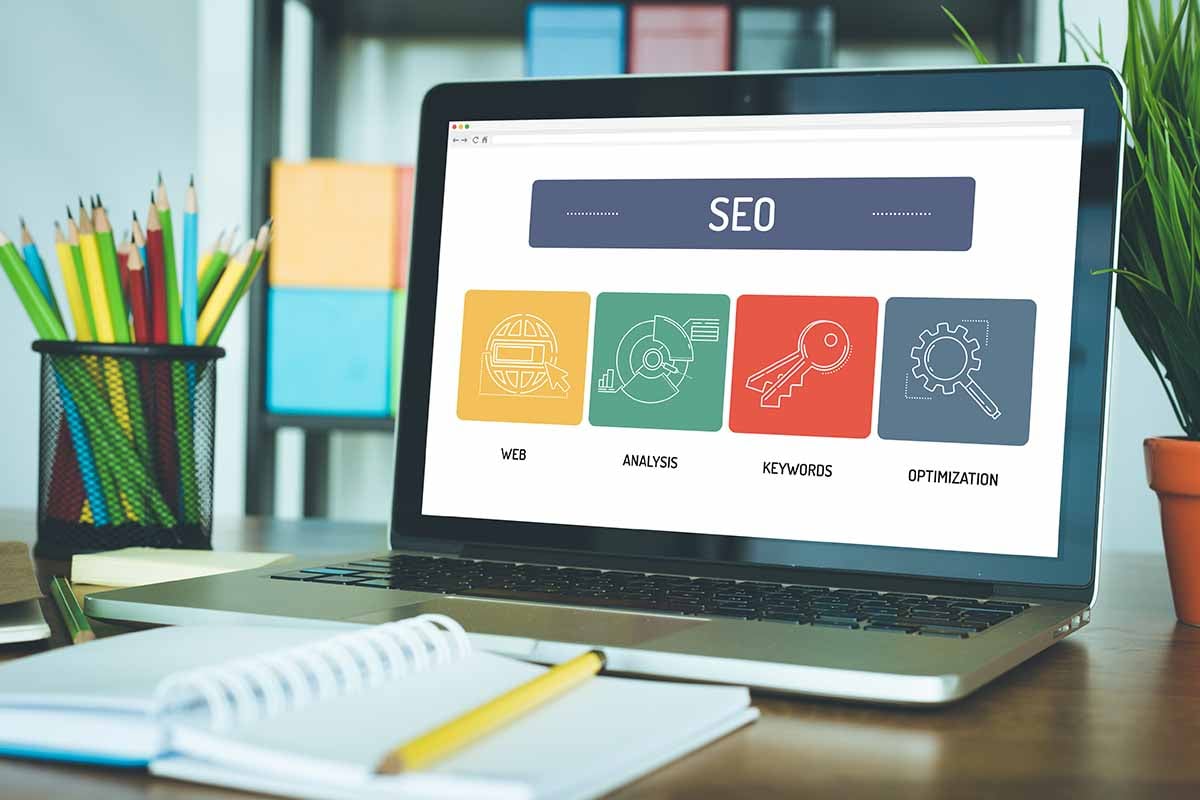Performing On-page SEO And How Small Steps Can Make Big Gains
By making small tweaks to website content, on-page SEO can be used to improve the visibility and organic ranking of a website, drive more traffic and convert more leads.
Keyword placement, metadata, and image optimization are all important aspects of on-page SEO that should be considered when creating or updating individual webpage content.
Performing Search Engine Optimization on your website is critical to growing your online presence and adapting to today's world of inbound marketing.
What is on-page SEO and why is it important?
On-page SEO is a set of techniques you can use on your website to increase its visibility on search engines. This technique on of many parts of search engine optimization that takes place on the page itself, as opposed to off-site factors, technical SEO, link building, and content marketing.
Understanding what the topic covered on each webpage of your website is not only important for your visitors but for search engines, like Google, as well.
Performing site-wide SEO can be tough for newbies, but going page by page and running reports on platforms like SeRanking or SEMRush can help guide you in making small changes that can ultimately increase your site's reach for your targeted keywords.
On-page SEO techniques to increase organic traffic
On-page SEO techniques are important for increasing organic traffic to your website. By optimizing each individual website page with on-page SEO best practices, you can make it easier for search engines to find and rank your site. Here are some easy techniques:
Updating the title of the page
The title of your webpage is one of the most important on-page SEO factors. It is the first thing search engines see when crawling your website, and it is also what potential visitors will see in search engine results pages (SERPs).
When performing a Google search for the keyword shredding services, you will find paid results and organic results. The paid results are at the top and have "AD" beside each result. The organic results are below the paid and will look something like the image below.

Highlighted in red, we see the title of the page "Carolina Shred | Shredding Services". Note the keyword shredding services in the title of the page.
If you have a page with the focus topic of "One Time Shredding Service" you should have that in the title of the page. Including the focus keyword is critical in helping Google and your visitors understand the page.
Optimizing your meta description
The meta description is a brief overview of the contents hosted on that specific page. Including your focus keyword within the body of the description helps the SERPs and visitors have a deeper understanding of what the page covers.
The meta description can be found below the title of the page when performing a Google search. See the image below for an example of a meta description.

Within the meta description, you can see shredding and services in the body. Having your keyword here makes a big difference.
Updating image alt tags
If only Google and other SERPs could accurately understand what each image across the internet actually was...
Since Google cannot accurately depict what each image is, we have to put in code that helps SERPs understand what each image is. This is where alt tags come into play.
If you have images on a page, including the focus keyword in these images gives Google a better understanding of what the image represents and therefore gives a better ranking signal.
Include your focus keyword in the content of the page
Make sure that when writing or updating the content of a specific page, you include the focus keyword in the body.
But make sure not to have it too many times on the page...
Keeping your keyword frequency around 1% keeps you within the bounds of Google's ranking algorithms.
How on-page SEO can help your website rank higher in search engines
On-page SEO can help improve your website's visibility on search engines and rank it higher on search engine results pages (SERPs). By optimizing your website content with on-page SEO techniques, you can make it easier for search engines to find and index your site.
In conclusion
Performing on-page SEO is one of the most important things you can do to increase organic traffic to your website. It's a process that takes time and effort, but by performing on-page SEO, you can make incremental changes that will help your site rank higher on search engine results pages. Let us know how you go!

